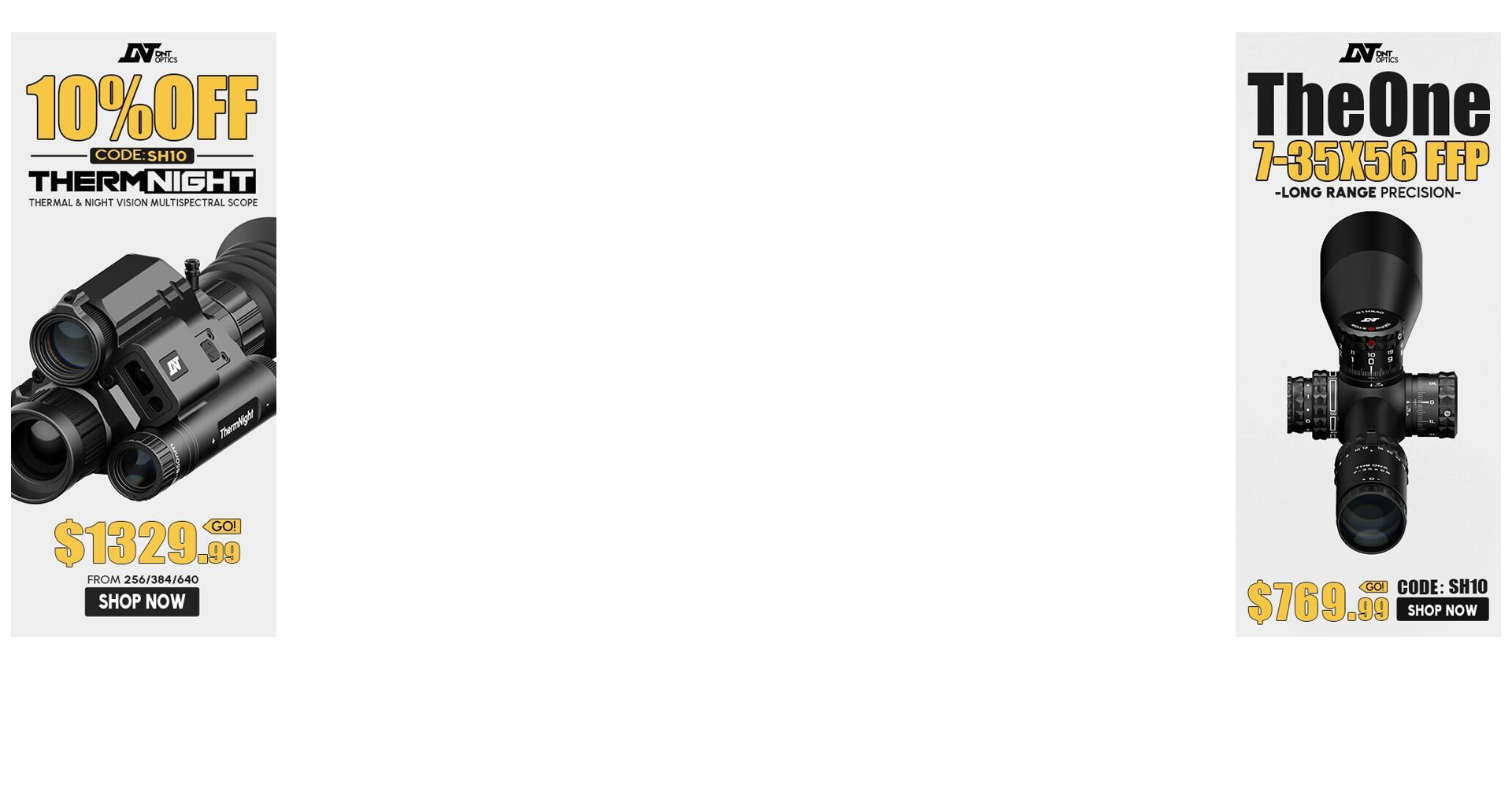I have a question about the relatively new light-adjustable cataracts. But first let me give you a little background.
I am 52 and due for cataract surgery soon. In fact I’m going in today for a second visit to have more accurate measurements done and what I think will be a long discussion about the options for lenses.
I have fairly extreme nearsightedness. My prescription was around -10 before the cataract issue. With cataracts it’s gotten worse, of course, but I can still shoot a rifle with a scope pretty well.
What this rather extreme nearsightedness does is greatly increase my chance of a retinal detachment. Many years ago when my dad had the surgery in his 50s, he had three retina detachment‘s and one eye never quite recovered 100%.
My surgeon had me go see a retina specialist as a precaution. It wasn’t great news; turns out that over 50% of both my retinas are thinning around the edges. This indicates a much increased risk of the retina tearing due to the shock of surgery.
The hope was they could basically use a laser and stitch my retina on the back of my eyeball before the cataract surgery. But due to the extensive thinning, the retina specialist said they would have to shoot so much laser in there I would get significant scarring. This itself tends to create more issues by potentially wrinkling the retina, which would then necessitate another surgery just to correct that.
So, there we are we are. I’m also a photographer and work on a computer all the time.
So back to the light-adjustable cataract lens; basically it takes a lot of the guesswork out of getting the right prescription because the surgeon can adjust the lens after surgery by using a special UV light.
The upsides are potentially an extremely accurate prescription and a fine-tuning of the near-far focus mix. Basically you can try out some options after the surgery vs. guessing which options you’ll like before surgery.
The downsides are:
Anyway, anyone had this light-adjustable lens? There are other options not ok’d in the USA, but available elsewear, like better multi-focal options…I’d be interested in this too. Maybe I’d wait for them to be FDA approved.
@Convex @Baron23
I am 52 and due for cataract surgery soon. In fact I’m going in today for a second visit to have more accurate measurements done and what I think will be a long discussion about the options for lenses.
I have fairly extreme nearsightedness. My prescription was around -10 before the cataract issue. With cataracts it’s gotten worse, of course, but I can still shoot a rifle with a scope pretty well.
What this rather extreme nearsightedness does is greatly increase my chance of a retinal detachment. Many years ago when my dad had the surgery in his 50s, he had three retina detachment‘s and one eye never quite recovered 100%.
My surgeon had me go see a retina specialist as a precaution. It wasn’t great news; turns out that over 50% of both my retinas are thinning around the edges. This indicates a much increased risk of the retina tearing due to the shock of surgery.
The hope was they could basically use a laser and stitch my retina on the back of my eyeball before the cataract surgery. But due to the extensive thinning, the retina specialist said they would have to shoot so much laser in there I would get significant scarring. This itself tends to create more issues by potentially wrinkling the retina, which would then necessitate another surgery just to correct that.
So, there we are we are. I’m also a photographer and work on a computer all the time.
So back to the light-adjustable cataract lens; basically it takes a lot of the guesswork out of getting the right prescription because the surgeon can adjust the lens after surgery by using a special UV light.
The upsides are potentially an extremely accurate prescription and a fine-tuning of the near-far focus mix. Basically you can try out some options after the surgery vs. guessing which options you’ll like before surgery.
The downsides are:
- expense (extra $11k on top of the base price, for two eyes)
- after the surgery one must have at least five visits for them to fine-tune the lens and progressively lock in the prescription.
- One must also wear special UV blocking sunglasses for two months even if you’re sitting inside with a windowshade open.
- Fairly new tech (10 yrs)
Anyway, anyone had this light-adjustable lens? There are other options not ok’d in the USA, but available elsewear, like better multi-focal options…I’d be interested in this too. Maybe I’d wait for them to be FDA approved.
@Convex @Baron23



